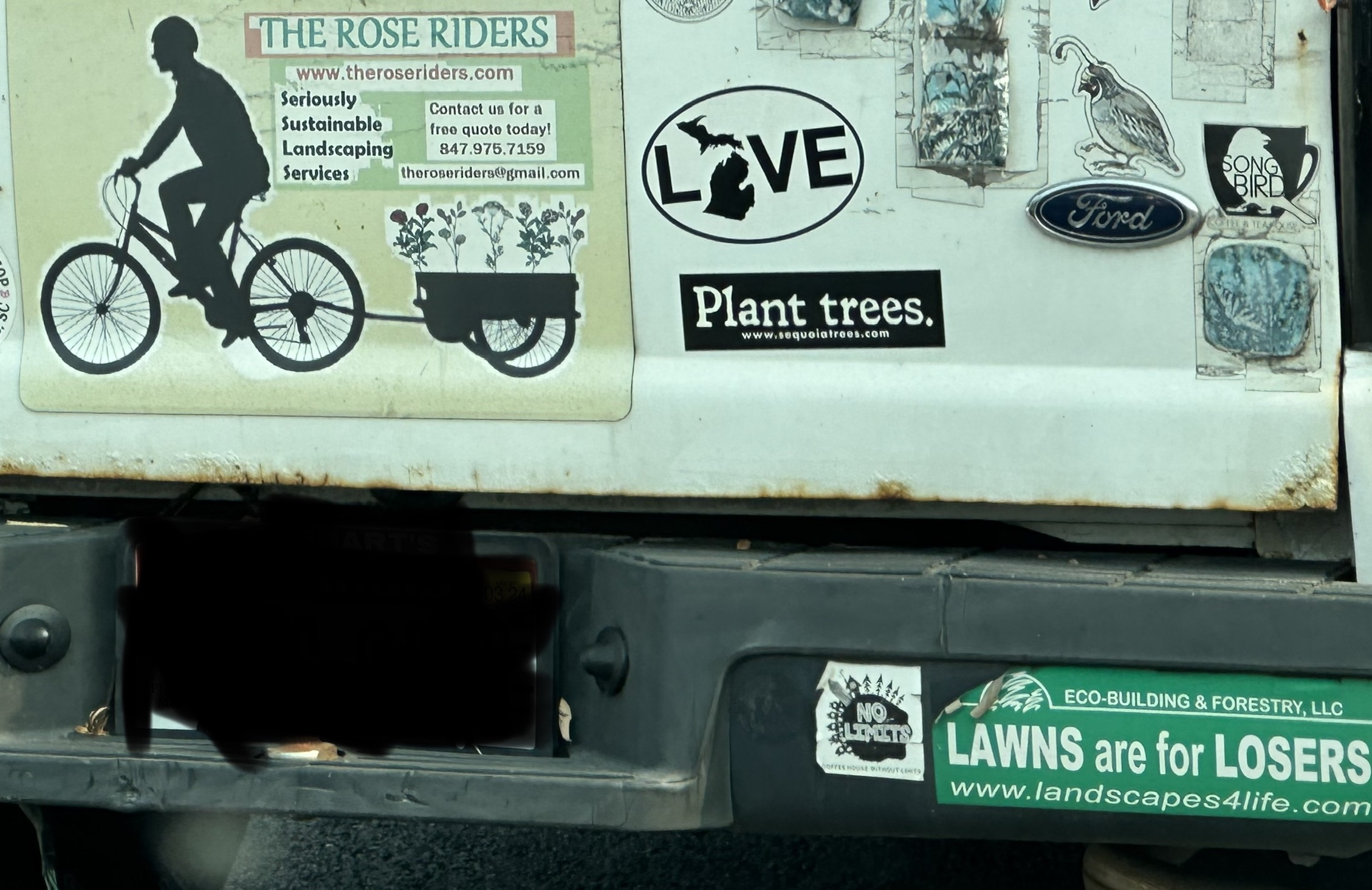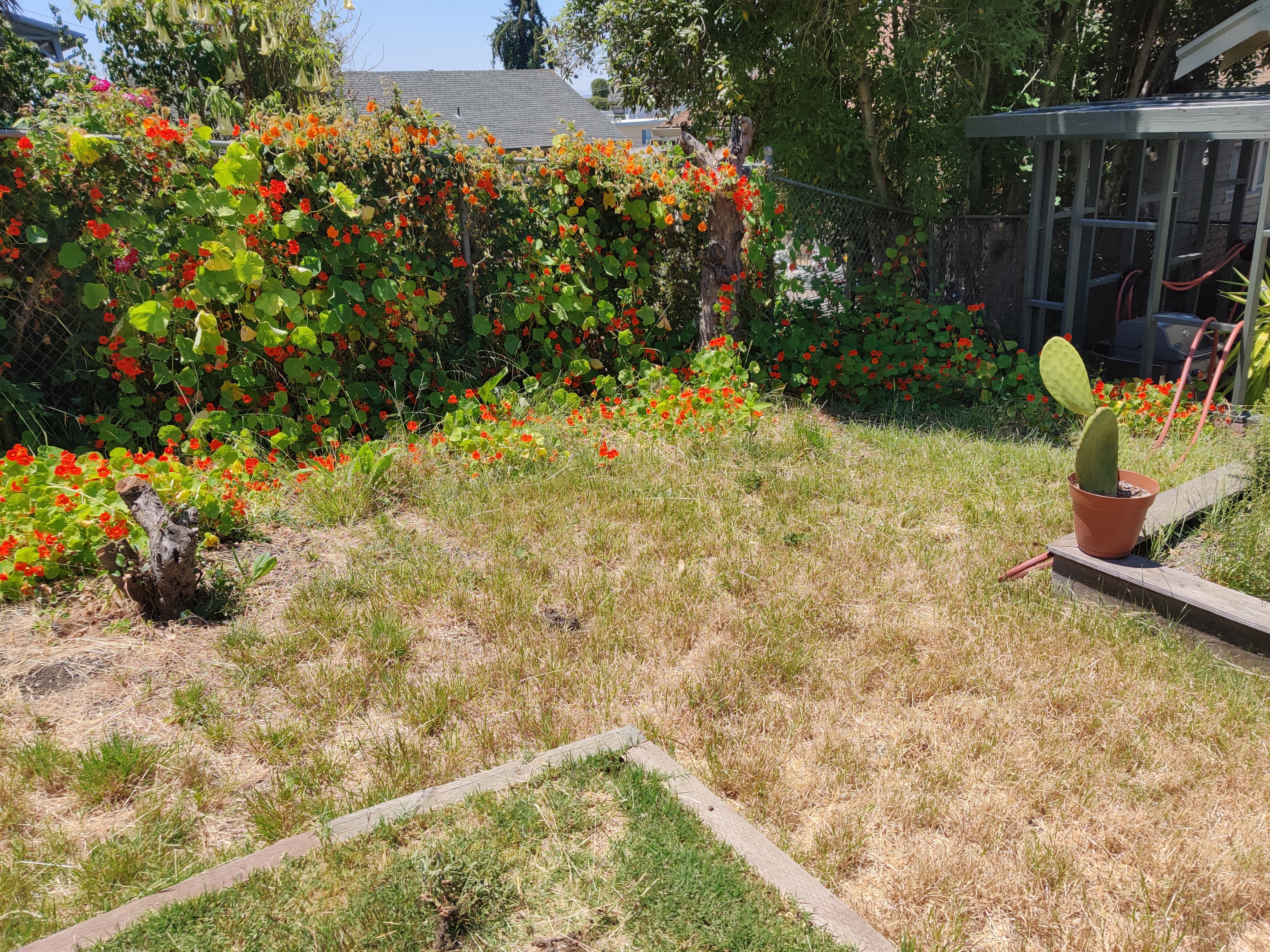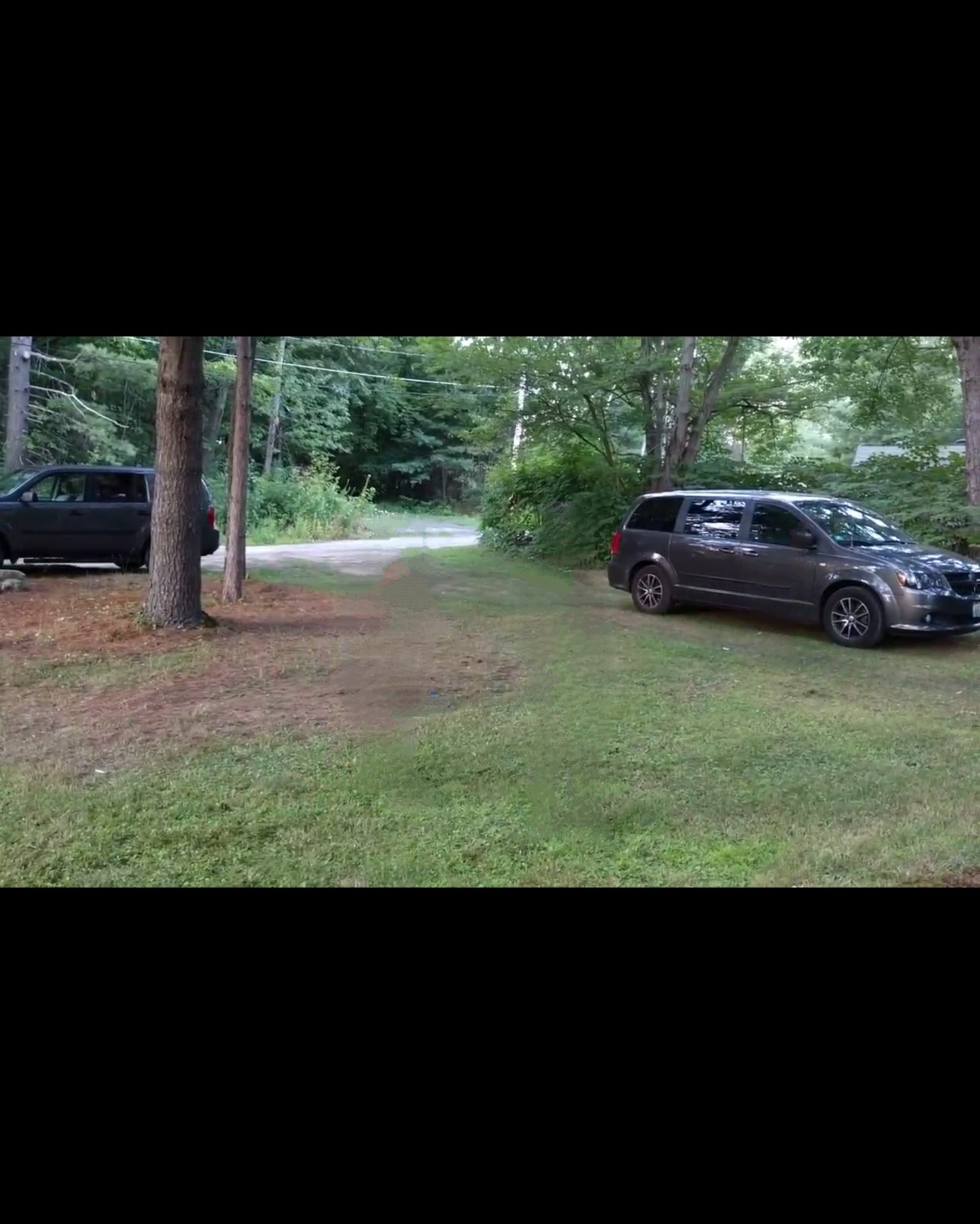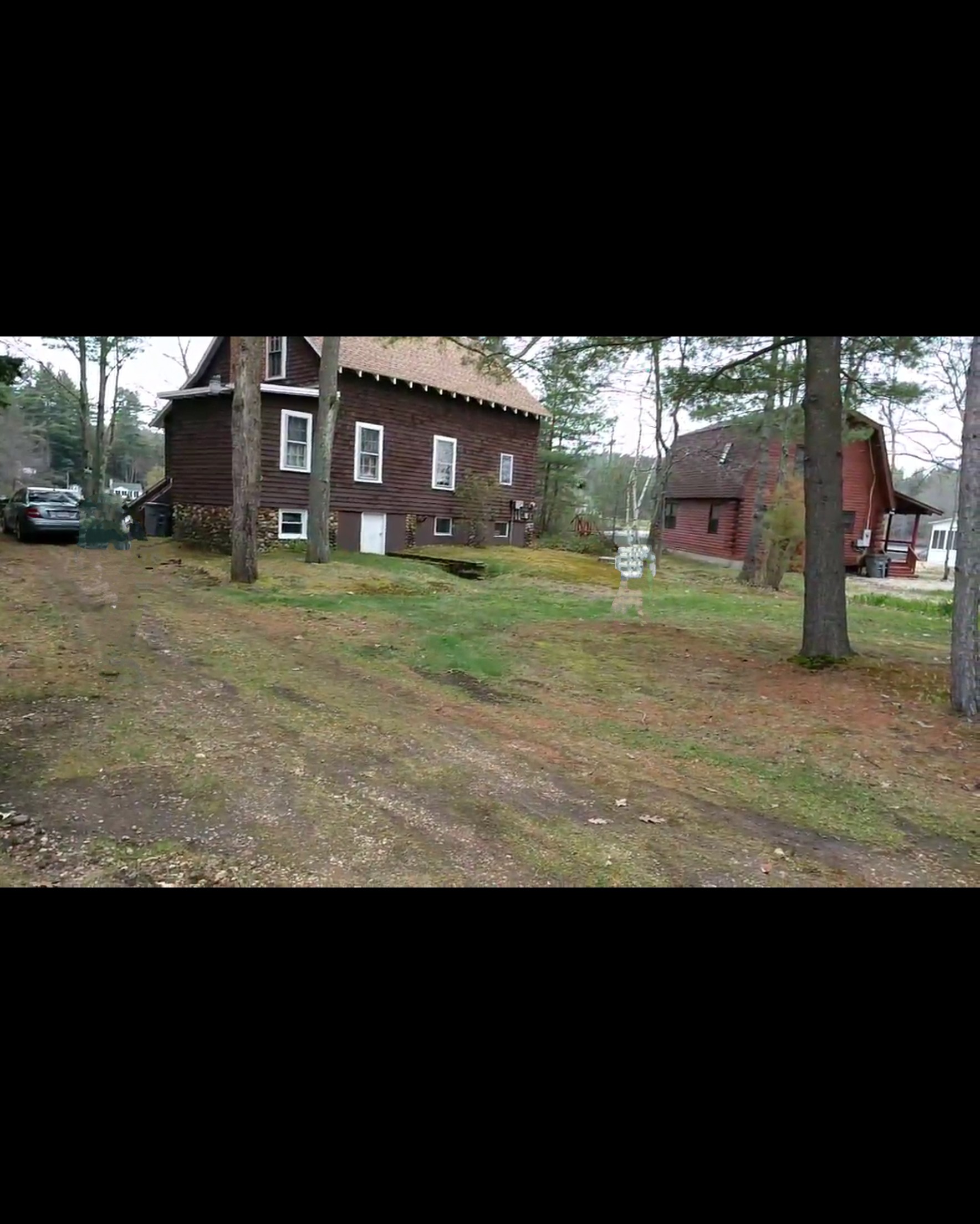If you love your lawn, fine, but maybe hear me out: Lawns are the worst. Even if you don’t mind the watering, mowing, and chemicals, most lawns—including yours—are terrible.
A non-comprehensive list of why lawns are awful
Grass, as a plant, is worthless. It’s a monoculture, meaning that there’s no diversity, and more susceptible to disease because they lack defenses from fellow plants. Biodiversity is why we plant nasturtiums next to vegetables—to protect the vegetables—and a lack of such diversity is why people often treat their lawn with chemicals.
Lawns also provide nothing to pollinators or animals, and often hurt surrounding wildlife with those same chemicals that are absorbed into the soil and plants nearby. Lawns rob soil of nutrients and are constantly in need of fertilizer. Chemicals and fertilizer often end up in the runoff, which pollutes our waterways and harms aquatic life. Lawns require a lot of water, time, effort, and money. Lawns simply suck.
Be smart about killing your lawn
Don’t use chemicals to kill your lawn. If you want to benefit the soil, waterways, and nearby wildlife, using chemicals obviously defeats the purpose.
A lesser evil, but one you may also regret, is landscape fabric. Laying this black propylene is problematic for the soil and going to be a pain for you eventually. Once it’s stapled down, it’s almost impossible to get back up, and it also sheds, adding plastic to the soil, so any future plants will have to contend with both plastic and compacted, starved soil. Every gardener I know has had to extricate this nightmare from their yard eventually, and the irony is that it still doesn’t actually stop weeds. They grow through, practically giving you the finger.
How to kill your lawn for free
You can rent a sod cutter, but they’re unwieldy and expensive. You can also turn over all your lawn with a shovel, but that’s a lot of work. Both of these methods are pretty fine, environmentally. But you can just sheet mulch your lawn, which is both easy and free.
Sheet mulching is the act of covering the ground with cardboard or something else that easily degrades. Cardboard is a nice, solid material that will block out the sun and oxygen from your lawn, and once starved of both, the grass will die—and better yet, it will compost in place. The cardboard will too, usually in a season or two, sticking around just long enough to kill the lawn. And as everything composts in place, it feeds the soil, creating microbes, mycorrhizae (the good fungus), and creating food for worms. It’ll also create pockets in the soil for other useful insects, and with the worms and insects will come birds and other small animals.
And cardboard is basically free. Use your Amazon boxes that you otherwise toss away, ask your neighbors for theirs, or ask your local grocery store. Remove the tape and staples, and use only uncoated cardboard (if it’s shiny, skip it). Lay it down, layering the ends, and make sure every spot is covered. Multiple layers is fine.
Reasonable people can agree a yard full of cardboard isn’t going to win the hearts and minds of your neighbors, so cover the cardboard with (also free) wood chips. Those chips will provide a uniform layer on your sheet mulch, help keep the cardboard in place, and hide the ugliness underneath. The chips will also compost over a few years, helping create a rich soil.
You can plant into your chips after a season. As you dig, you’ll see what’s left of the cardboard covered in white, which is mold and mycorrhizae—a sign of a healthy soil base. Those chips will break down in a year or two, and you can continue layering them on with new chips if you enjoy the look. They’re great to walk on and keep the ground nice and cool, in my opinion.
If you want to plant a ground cover or alternative lawn, you can. After a year, rake out the bigger chips still left, and you’ll be surprised to see how much has already broken down, leaving the smaller chips and compost behind. Layer on some more compost, and plant your ground cover right into it. There are also plenty of companies now like PT Lawn that specialize in alternative lawns of all kinds, from dog park mixes to pasture mixes. These diverse mixes look great, feed the soil and pollinators, and need less water and mowing.










